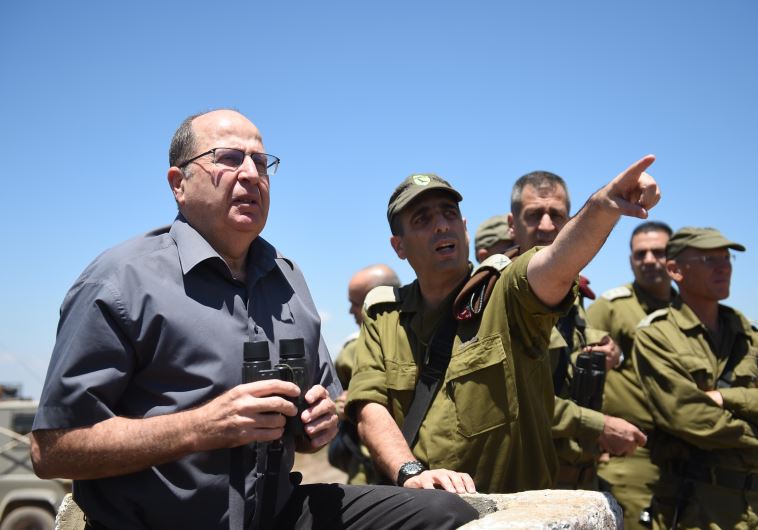US committed to maintaining Israel's 'military edge' in light of Iran deal
A senior US defense official said that America's commitment to Israel’s security is something US defense officials “live on a daily basis.”
 Defense Minister Moshe Ya'alon is briefed by IDF officers on the Golan Heights(photo credit: DEFENSE MINISTRY)Updated:
Defense Minister Moshe Ya'alon is briefed by IDF officers on the Golan Heights(photo credit: DEFENSE MINISTRY)Updated: